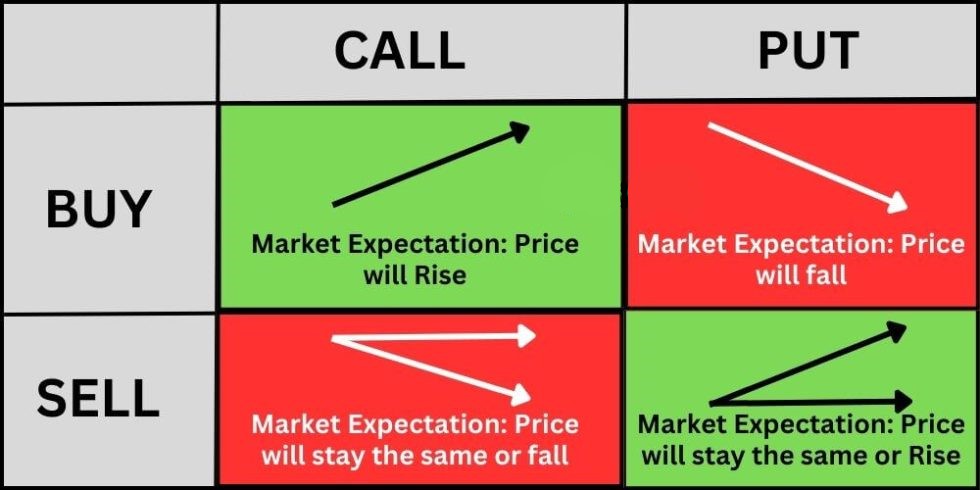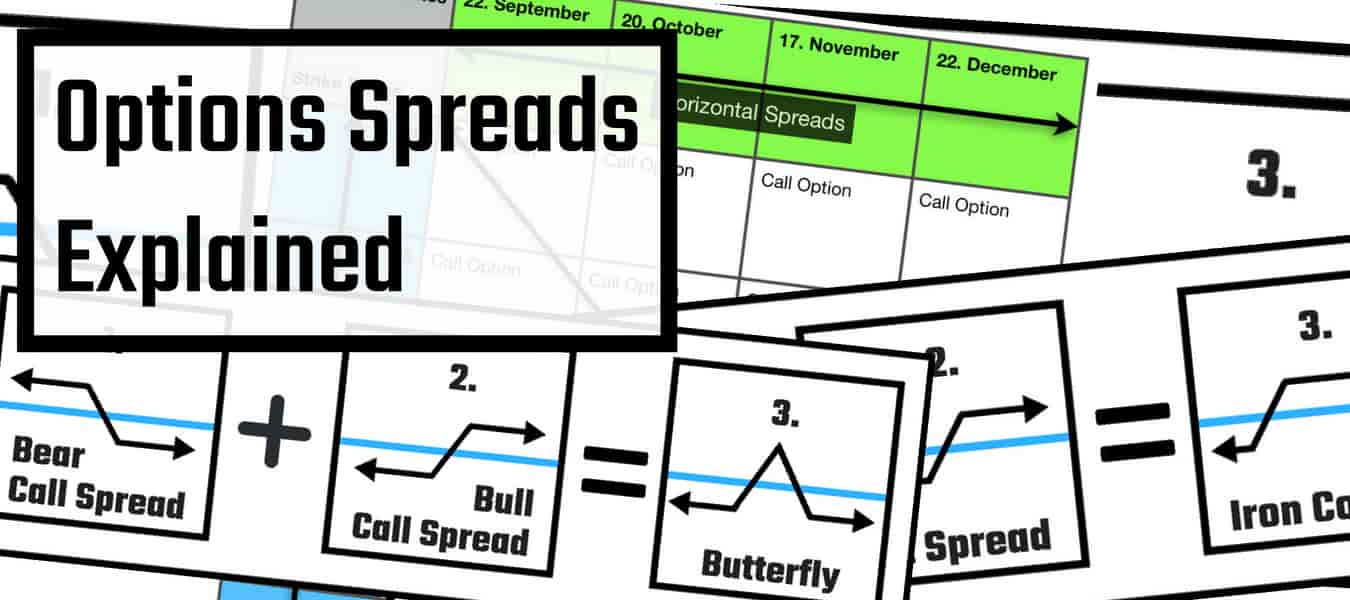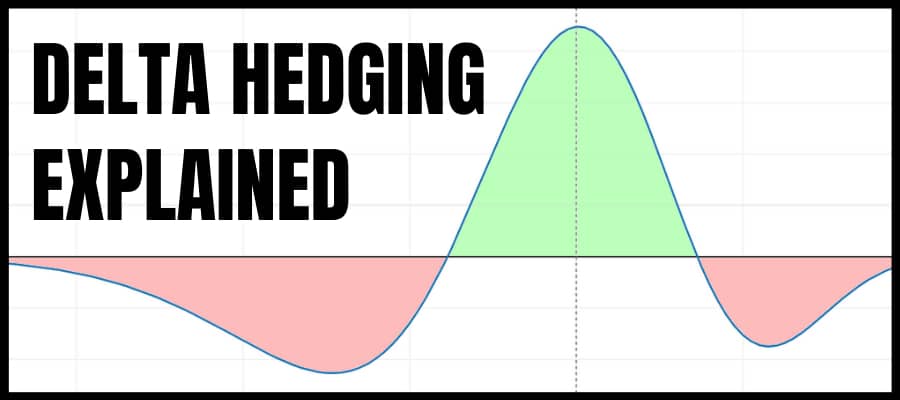Understanding Options Trading Role of Service Providers, Pros, and Cons
Options trading has grown in popularity in an effort to realize profits from stock, commodity, or underlying asset price movements without the investor being directly tied to that investment. Although it is a complex and sometimes high-risk endeavor, it is also flexible and potentially highly profitable in its various forms. The options trading, what it is, how the online websites offering the services for options trading are supporting it, and the pros and cons of engaging in this type of trade will be covered in this blog.

What Is Options Trading?
Options trading involves buying and selling options contracts. An option is a form of financial derivative that gives the holder the right, but not the obligation, to sell or buy something, an asset, commodity, or security, at a certain price known as the strike price on or before the date called the expiration date. The two major types of options
include the following:
Call Options: These are contracts wherein an unconditional right to buy the security at the strike price is given to the holder.
Put Options: These provide the holder with the right to sell the underlying asset at the strike price.

How Options Work
One of the salient features of trading in options is the use of different types of Option spreads, which allows traders to take positions with the possibility of better returns and, at the same time, manage risks. An option spread is a trade that involves buying and selling a number of options on the same underlying security but with different strike prices and expiration dates or both. Some common types of option spreads are:

Option Spread Types
Options are utilized for one of several different strategies: hedging (protection of your portfolio), speculating on prices, and income-generating spreads.
Bull Call Spread: This strategy involves buying a call option underwater at a lower strike price and simultaneously selling another call option at a higher strike price. The Bull Call Spread Strategy is executed when one believes there is going to be a moderate rise in the underlying asset price.
Bear Put Spread: This is attained when one buys a put option
with a higher striking price and sells another put option with a lower striking price. You do this when you expect the underlying asset price to decline moderately.
You will be buying a call option if you feel the price of the underlying is going to surge above the strike price before the expiration date, allowing you to buy the asset at a lower price and sell at a profit. You purchase a put option if you feel it is going to fall below the strike price, enabling you to sell the asset at a higher price than its market price.
Calendar Spread: Options that involve buying and selling different options, having the same strike price, but different expiration dates. Such an option relies on exploiting time decay in an option. It applies when you expect little movement in the price of the underlying asset.

What is Delta Hedging?
Another pertinent concept within the realm of option trading is delta hedging. This refers to a position in options and assets that is neutral, vis-à-vis small changes in the asset price. The “delta” of an option simply refers to the responsiveness of the option price to commodity price changes. Through manipulation of this commodity-to-options ratio, traders can safeguard positions against minor oscillations that periodically take place, and thereby minimize risk.
Role of Options Trading Service Provider Websites
Given the complexity of options trading, many investors look to seek some kind of help from options trading service provider websites. These websites contain tools, resources, and expert advice on how to make intelligent decisions. Among the many roles played by such service providers are:
Education Resources
Options trading requires a lot of knowledge in terms of strategies, market conditions, and also techniques used for managing risks. Quite a few common educational resources include tutorials, webinars, and articles that options trading service provider websites commonly offer to help traders learn the ropes, both basic and advanced, about options trading.
Trading Tools and Platforms
Options trading service providers now provide a larger number of advanced trading platforms where a user can execute his or her trades and, as a matter of fact, monitor their portfolios to study the trends. These facilities can be assisted with real-time data, charting tools, and customizable interfaces for ease in their strategies’ implementation.
Research and Analysis
Accurate and timely research is key to successful trading of options. Most service providers in options trading provide market analysis, research reports, and expert recommendations that assist traders in identifying opportunities and risks. Insights can be quite useful for both novice and experienced traders.

Risk Management
All options trading inherently involves risk management. In most services offering option trading, subscribers will also be provided various tools and materials on how to calculate and manage the level of their risk. This may involve a risk calculator, portfolio manager, and access to methods of managing risk such as delta hedging.

Customer Support
With most options trading services, you get customer support through telephone, e-mail, and sometimes even live chat for traders who need assistance with their accounts or questions concerning trading strategies. Access to knowledgeable support staff makes quite a difference in both the experience and success of any particular trader.

Pros of Options Trading
There are a number of options trading benefits involved with trading options, making this financial derivative very appealing to many investors. These include:
Flexibility
Options are indeed opening up an array of strategies adaptable to various conditions on the market and different investment objectives. From hedging a portfolio to speculating on price movements, to generating income- options trading can be very flexible in designing an appropriate strategy.
Leverage
With options trading, a lot of the underlying security can be controlled with a very minor investment. The potential leverage could magnify returns dramatically, and that makes options trading an extremely powerful tool for those who want to maximize their returns.
Risk Management
It means one can hedge some other potential losses in investments using options. The typical example would be such that buying a put-on stock you already own protects against an extreme drop in the price of an underlying asset. There are also more advanced methods, like delta hedging, which reduces risk when the market is turbulent.
Generating Income
Options are considered one of the major tools used in the generation of income via things like writing covered calls or even the selling of cash-secured puts. In both strategies, the options contracts are sold for collecting premium that avails a regular income stream to the traders.
Cons of Options Trading
Options trading also entails some disadvantages that a trader should be aware of despite the benefits, including:
Complexity
Options trading is incomparably more sophisticated and complicated than trading in stocks or any other assets. That means immense knowledge and experience regarding different strategies, pricing models, and risk factors are required. Without proper education and practice, traders easily fall into costly mistakes.
Loss The
Although options can be used to hedge against risk, they also can put traders in a position to suffer major losses. The same leverage exaggerating gains is that which compounds losses; whereas certain strategies, such as writing naked options, carry unlimited loss risks.
Time Sensitivity
Options contracts also have an expiration date, which implies that options lose value with time, but better known as time decay. This is another level of risk whereby the time factor has been added because the options might expire worthless since the movement of the underlying asset did not happen.
Costs
As far as the trading of options is concerned, apart from commissions, an array of other charges, and specific option costs, it can be an expensive affair. These costs can seriously take a toll on the profits, especially in the case of big or more complicated trades.
Conclusion
Options trading provides the investor with dynamic and flexible means of investment in the financial markets full of potential for great reward. Along with those rewards, of course, come substantial risks and complexes, too, that require at least a decent amount of understanding and some attentive management. It is thus expected that options trading service provider websites would be supportive of traders in all aspects: providing educative resources, and tools required for trading, doing research, and supporting risk management. Knowledge concerning the pros and cons of options trading will help individuals, whether a trader is a beginner or has been in the business for years, make appropriate decisions that guarantee success in this very challenging yet rewarding arena.

Leave a Reply